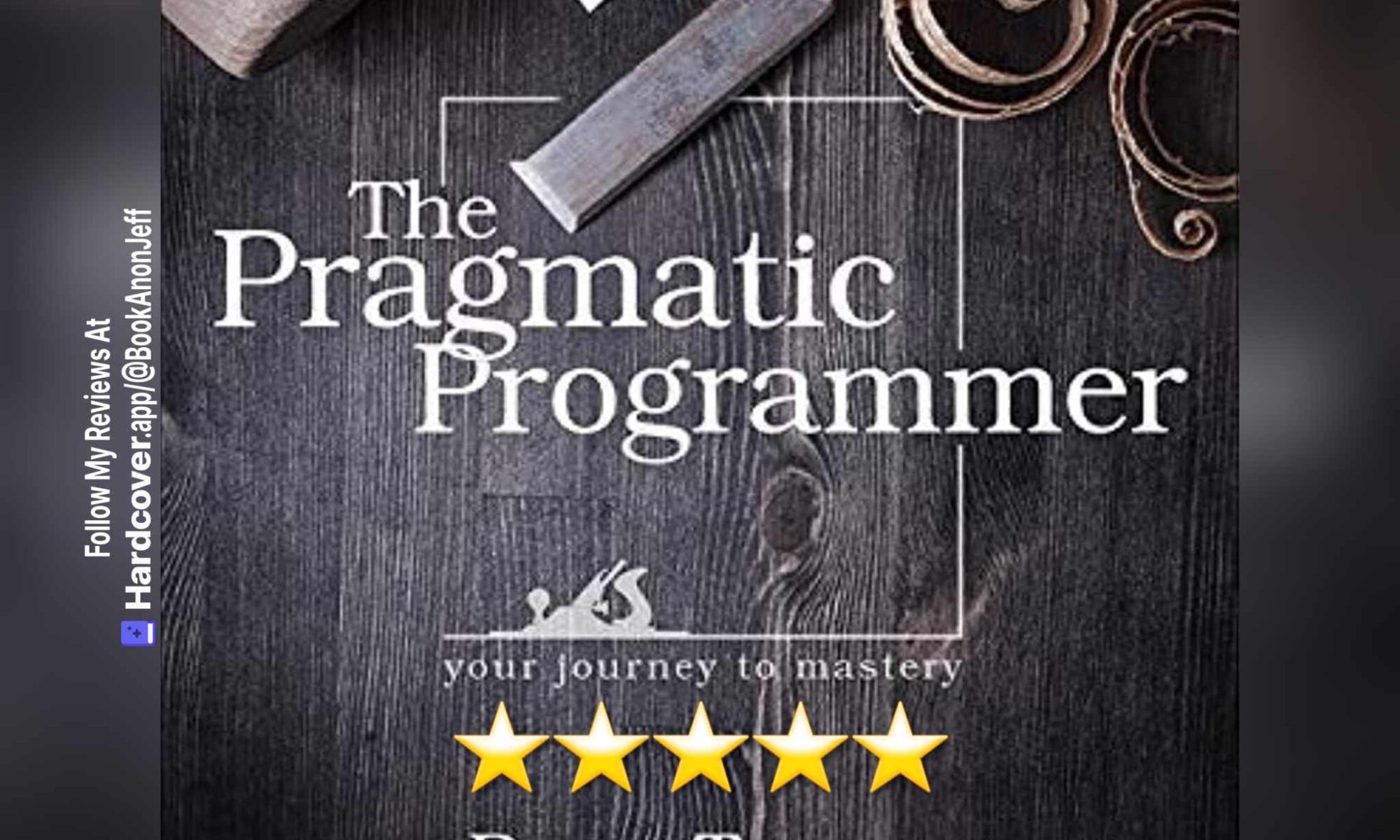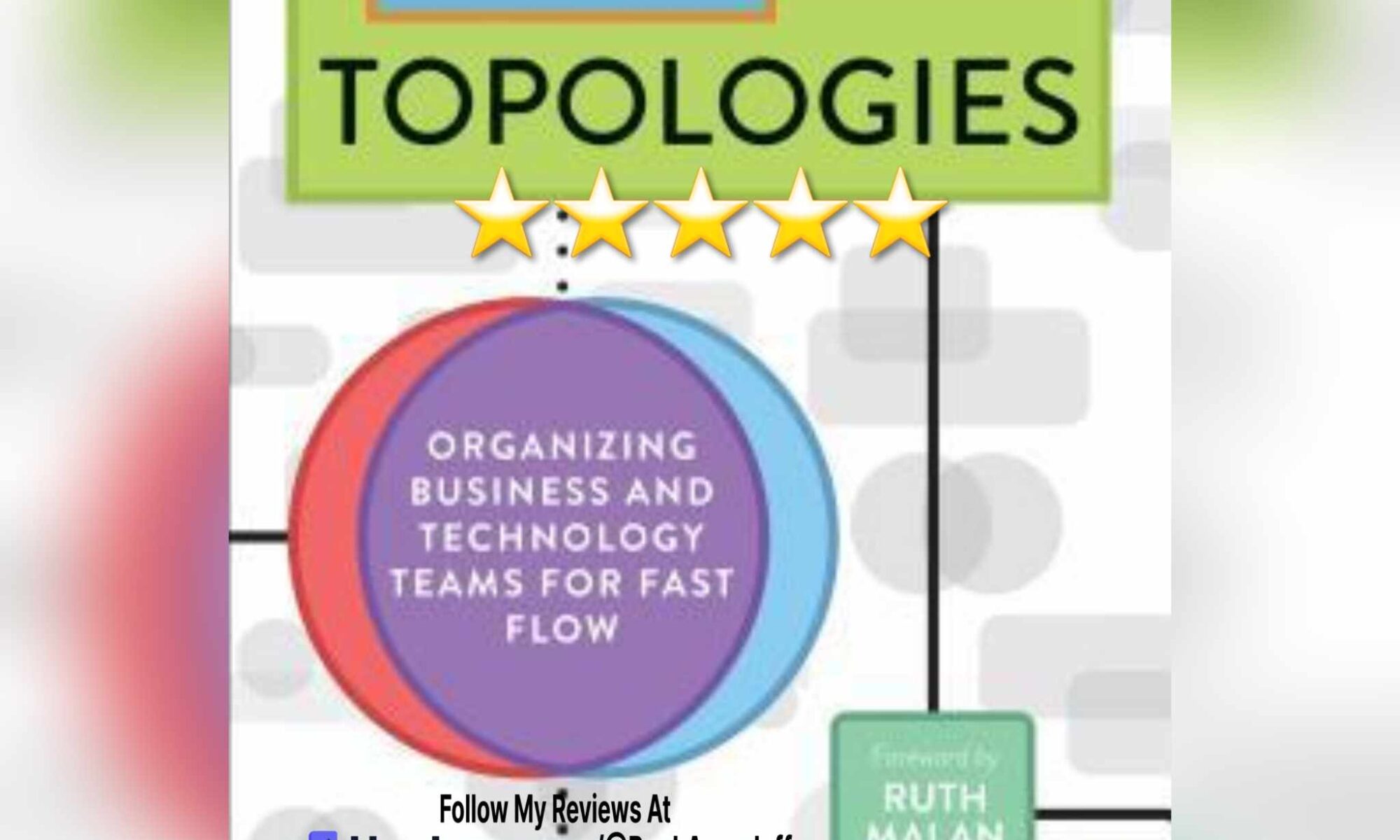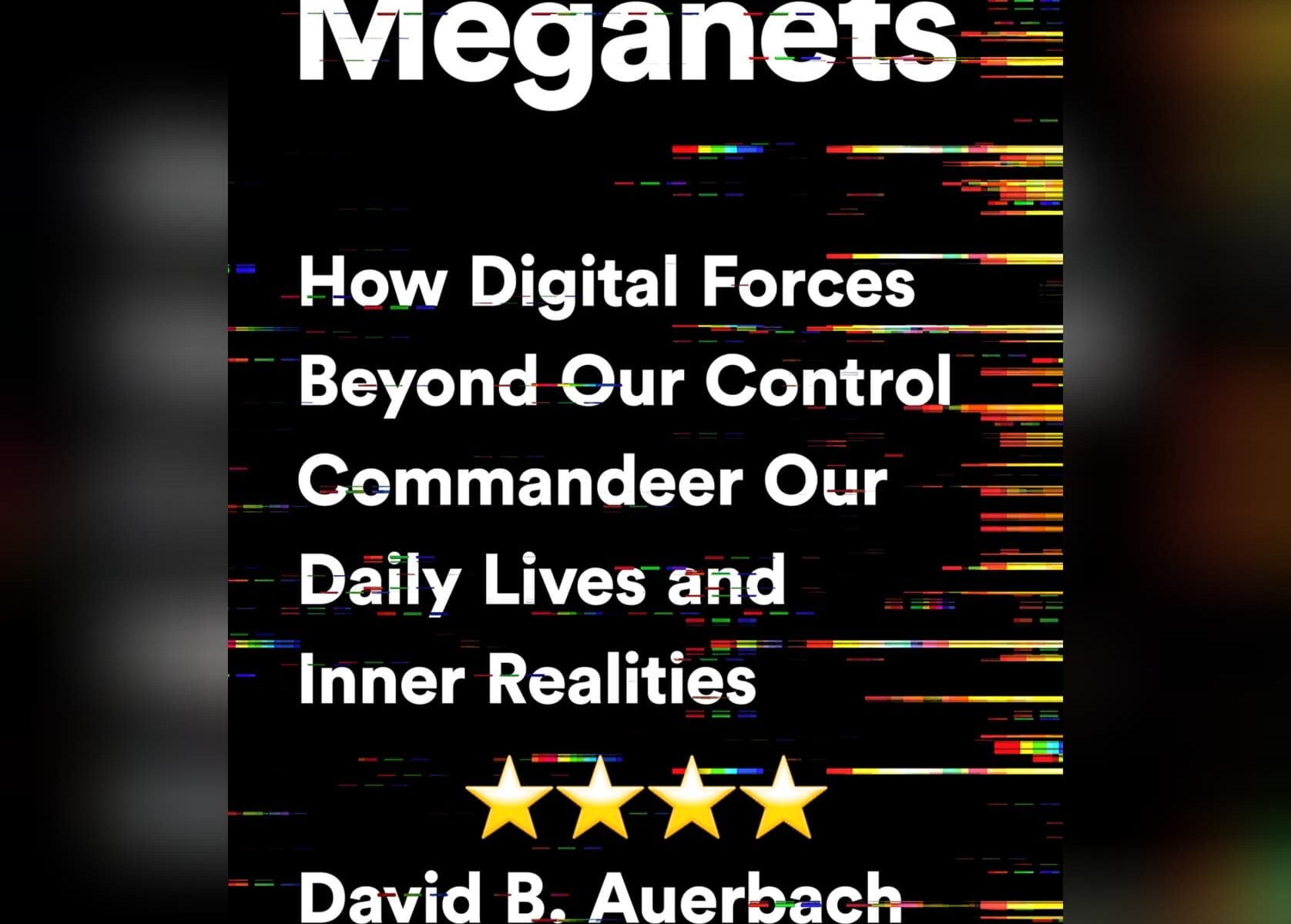Solid Advice For Programmers Of Any Experience Level. This book, originally released just months before I started college and updated 5 yrs ago from the time I read it as this 20th Anniversary Edition, really does have solid advice for programmers of any level and within any organization. Some/ much of it is stuff that I was trained as simply being “good practice”, but there are aspects to the discussion here that we *all* fail in at some point or another, and thus are good reminders of what the ideal *should* be. For those mid career coders trying to figure out where to go next, this is one of those books that can truly reignite your love of sitting down and writing code, free of all the corporate bullshit that exists any time you’re writing code for someone else. For those early career coders, this can serve as a guide book for some of the pitfalls to watch out for and what the ideal should be in most situations you’ll encounter. And for those truly “seasoned” veterans looking to end their career on a high note with style and grace, this can serve as a solid retrospective of all that you’ve seen and done and how much you’ve seen this industry grow, change… and do neither of those things. 😉
Truly a great text on the art of programming, and should be on every coder’s shelf right beside The Mythical Man Month. (Which, for those outside the industry/ who may have never heard of it, is basically the highest praise one can possibly give a book about programming.) Very much recommended.
This review of The Practical Programmer by David Thomas and Andrew Hunt was originally written on March 2, 2024.



